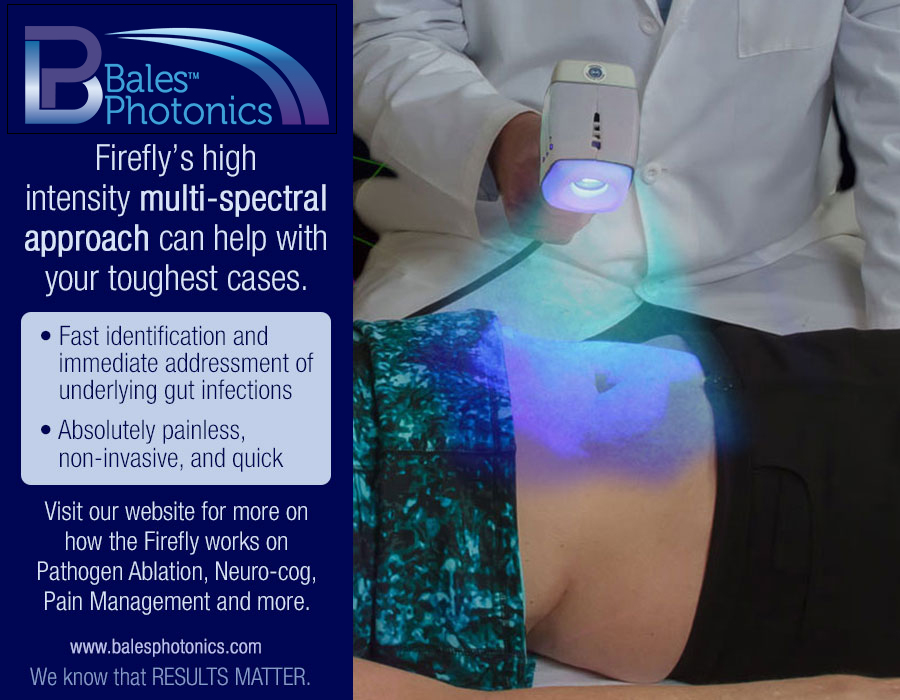Michelle McKeon
In recent years, the intricate correlation between Lyme disease and dementia has emerged as a constant area of interest within the medical community. Lyme disease is an infection that can be transmitted through the bite of a tick and is caused by the bacterium Borrelia burgdorferi. Lyme disease is known as the great imitator because it mimics the symptoms of a number of different conditions. This is due to tick-borne infections being able to affect any organ of the body, including the brain. “We have known for a long time that under certain conditions, some chronic spirochete infections such as syphilis can cause dementia.“1
An increasing body of research has begun to unravel the connection between Lyme disease and various neurological conditions. One of these conditions being dementia, which is the result of changes in certain areas of the brain impacting memory, thinking, and the ability to perform daily activities. The most common form of dementia is Alzheimer’s disease. As we delve deeper into understanding the factors that could contribute to developing dementia we are beginning to find that the bacterium, Borrelia burgdorferi may be playing a bigger role in the progression of this disease than we once thought.
Understanding the Multifaceted Impact of Lyme Disease and Tick-borne Infections
Can Lyme disease cause memory loss? Yes.
Lyme disease and the co-infection Bartonella have been known to play a role in the development of neurological symptoms by invading the central nervous system (CNS). The causative bacterium, Borrelia burgdorferi, can breach the CNS, resulting in a wide range of symptoms that encompass not only physical manifestations but cognitive challenges as well. It’s this cognitive aspect that paves the way for exploring the connection between Lyme disease and dementia.
Amen Clinics will often use Brain SPECT imaging, testing for infectious diseases, and other assessments that are part of an integrative medicine approach to help identifying the root causes of symptoms that are impacting the central nervous system.2
Unraveling the Connection Between Lyme Disease and Dementia
As ongoing research continues to unveil new insights, an emerging body of evidence suggests a potential link between Lyme disease and dementia. The capacity of Lyme disease to impact the CNS and induce cognitive symptoms emphasizes the importance of examining its potential contribution to the onset or exacerbation of dementia.
Foremost among these cognitive symptoms is memory loss. Patients grappling with Lyme disease often encounter difficulties in short-term memory, maintaining focus, brain fog, processing information, and sustaining attention. The gravity of these memory-related struggles resonates profoundly with individuals dealing with various forms of dementia, most notably Alzheimer’s disease.
When I was at my sickest with neurological Lyme disease, I was battling many of these neurological symptoms. My doctors recommended the medication memantine, also known as Namenda. This medication is specifically used to treat dementia, associated with Alzheimer’s disease. I was 23 years old at that time.
Parsing the Nuances of Lyme Disease and Alzheimer’s Disease Symptoms
The most prevalent form of dementia, Alzheimer’s disease, is characterized by a gradual erosion of memory, cognitive function, and behavioral shifts. This is where the parallels between Alzheimer’s and Lyme disease-induced cognitive impairment begin to come into focus, leading to further investigation into what exactly is happening inside the brain that is causing these changes and these similarities in symptoms.
The Diagnostic Quandary: Lyme Disease Misdiagnosed as Alzheimer’s
How and why is Lyme disease misdiagnosed as Alzheimer’s? They share symptoms.
The labyrinthine nature of diagnosing cognitive impairment associated with Lyme disease is further complicated by the specter of misdiagnosis as Alzheimer’s disease. The resemblance between their symptoms, coupled with the still-evolving awareness of the link between Lyme disease and dementia, can culminate in inaccurate diagnoses and delayed interventions.
For individuals grappling with cognitive decline, especially those residing in regions where Lyme disease is endemic, a proactive stance is imperative. Relying solely on Alzheimer’s disease diagnostic criteria may inadvertently overlook the presence of an underlying Lyme disease infection, impeding the delivery of timely and appropriate care.
Dr. McDonald’s Research on the Borrelia Spirochete Involvement in the Development of Alzheimer’s
Dr. Allen MacDonald was a pathologist at Southampton Hospital, New York. In the 1980’s Dr. MacDonald identified the first evidence that a spirochete was involved in Alzheimer’s disease. He found the DNA of Borrelia in 7 out of 10 autopsy brain specimens from victims of Alzheimer’s. The autopsies were supplied by Harvard’s Brain Bank, and in 2006 he reported his findings in a six-article series in the journal, Medical Hypothesis.
From his research in 1997, Dr. MacDonald found that spirochetes penetrated neurons and survived inside brain neurons. He noted that he believed that spirochetes can also be a contributing factor to neuro-degenerative diseases such as multiple sclerosis and Parkinson’s disease.
Dr. McDonald identified the connection between Lyme disease and Lewy body dementia as well. His research indicated that Lewy bodies contain Borrelia DNA, further supporting evidence between Lyme disease and dementia.3
Navigating the Landscape of Treatment and Management
Immediate detection and diagnosis are crucial for the treatment of Lyme disease and the prevention of potential long-term complications, including cognitive impairment.
In chronic cases of tick-borne infections, oftentimes a variety of integrative medicine treatments are essential for getting a handle of this disease. Integrating cognitive rehabilitation, lifestyle adaptations, and vigilant medical therapies can collectively contribute to enhancing the quality of life for individuals grappling with the cognitive repercussions of Lyme disease.
To mitigate the risk of misdiagnosis and to ensure the delivery of suitable treatment, individuals and healthcare practitioners must remain attuned and well-informed regarding the dynamic interrelationship between Lyme disease and cognitive health.
References
- https://www.alzheimers.org.uk/about-dementia/risk-factors-and-prevention/infections-and-dementia
- https://www.amenclinics.com/blog/is-there-a-connection-between-lyme-disease-and-alzheimers/
- “Pioneering researcher discusses Lyme links to Alzheimer’s and more” Lymedisease.org, April 4th 2023, https://www.lymedisease.org/lyme-links-alzheimers-and-more/.
Published May 18, 2024
About the Author

Michelle McKeon, MS, CNS, LDN, is a licensed integrative nutritionist, and certified mold practitioner, specializing in tick-borne diseases, hyperthermia, environmental toxins, gut health, and inflammatory issues. She was first introduced to functional medicine through a debilitating battle with Lyme disease and many co-infections. After years of trying various treatments and not responding to them, she decided to receive hyperthermia treatment. This treatment saved her life, and for the first time she was able to see a light at the end of the tunnel.
Michelle guides both local and long-distance clients through addressing various factors that are causing their symptoms. She looks for these answers through exploring mold mycotoxins, methylation issues, heavy metals, tick-borne infections, candida, cell membrane repair, parasites, nervous system regulation, diet, and gut flora. Her hope is to support people in their healing journey by educating them about integrative medicine and hyperthermia as a successful treatment option.

